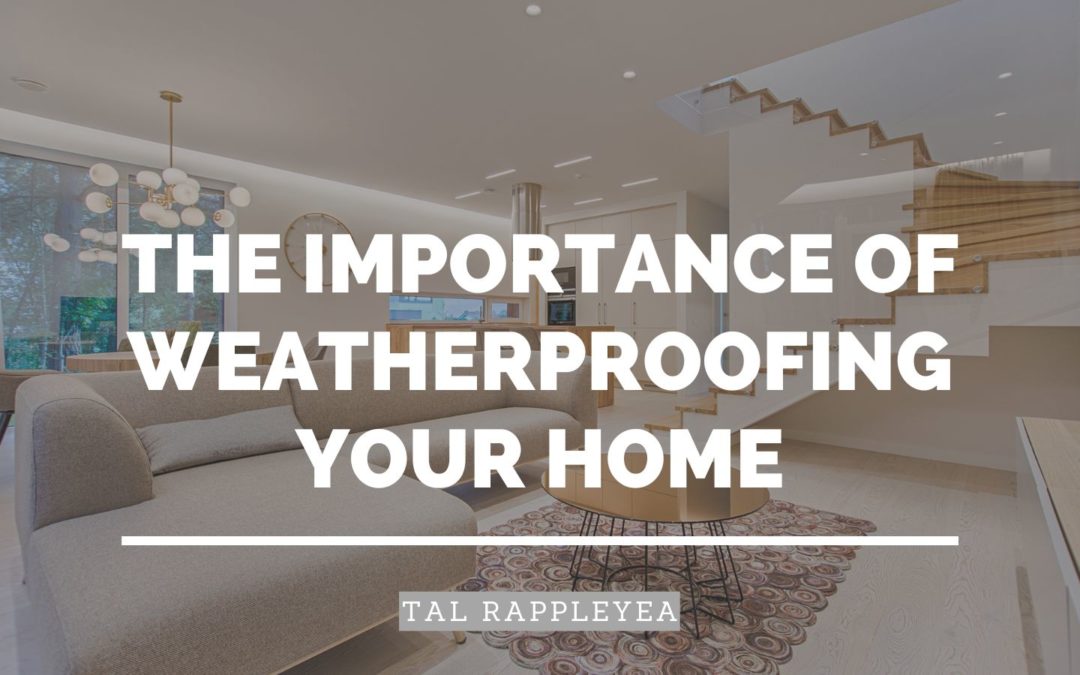Many people see their houses as a collection of electrical, plumbing, and HVAC systems. While it may seem that they run separately, powering individual components of a home, a cohesive design is in operation, with several pieces working together to provide a clean, functional, and pleasant living environment. Another way to envision this is to imagine your house inside an envelope.
Adding insulation and sealing air leaks are two ways to improve the comfort and efficiency of a home. Air that leaks through a home’s envelope, including the outer walls, windows, and doors, wastes a lot of energy and can increase utility costs. In the U.S., almost every home has significant air leaks and lacks insulation. If you add up the various gaps, leaks, and holes in a home’s envelope, it would be like having a window open all the time. Doing these projects can help save up to 15% on energy bills.
Checking For Leaks
Identifying and fixing air leaks in your home will prevent outside air from entering and conditioned air from leaving through cracks and openings in the house. Even in mild temperatures, relying on air leakage to maintain natural ventilation is not recommended.
Before you start improving your house’s efficiency, you must conduct an energy audit. This will allow you to identify areas where you can improve comfort and save money. Properly weatherizing a home is carried out by professionals trained in the home performance field. They can help you identify and fix problems affecting a house’s efficiency.
Insulation
When properly installed, insulation can help keep a home warm during the winter and cool in the summer. According to the EPA, homeowners can save up to 15% on their cooling and heating costs by adding insulation to their homes and air sealing their attics, basements, and crawl spaces. It can also help prevent costly repairs later on. Having the proper insulation can help improve overall comfort by reducing outside noise and allowing less pollen, dust, insects, or vermin into your house. In winter areas, there is also improved humidity management and a lesser risk of ice dams on the roof/eaves.
Weatherstripping and Caulking
Another way to improve the efficiency of your house is by weatherstripping and caulking. These two simple techniques can help reduce air leakage. They can also help improve a house’s comfort and durability. Seal the gaps and cracks between the stationary components of your home, such as the windows and doors.
